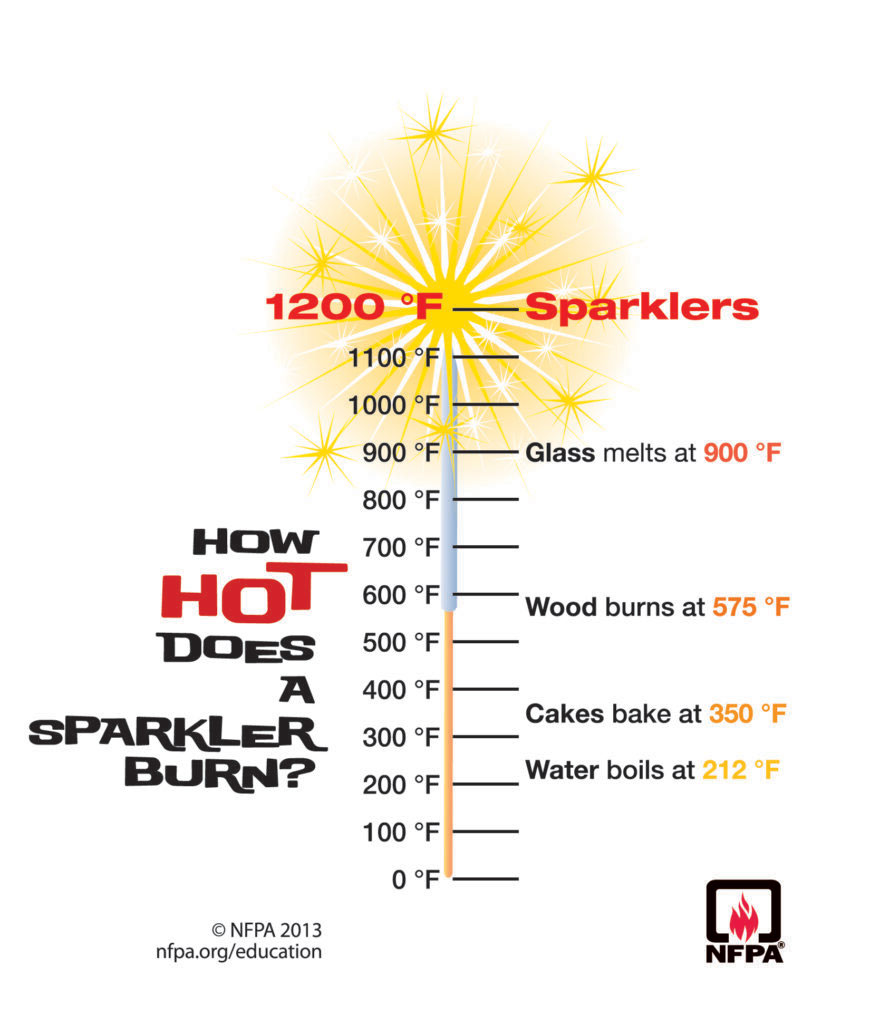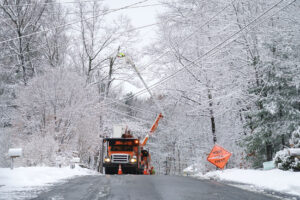Permanent scarring, loss of vision, dismemberment – these are too often the harsh realities of amateur fireworks use. To keep the public safe from fireworks-related injuries and deaths, the National Fire Protection Association (NFPA) urges everyone to treat fireworks, whether legal or illegal for consumers, as suitable only for use by trained professionals.
 According to NFPA, amateur fireworks use endangers not only the users, but also bystanders and surrounding property and structures. Pyrotechnic devices ranging from sparklers to aerial rockets cause thousands of fires and serious injuries each year.
According to NFPA, amateur fireworks use endangers not only the users, but also bystanders and surrounding property and structures. Pyrotechnic devices ranging from sparklers to aerial rockets cause thousands of fires and serious injuries each year.
“There are no such things as safe fireworks,” says NFPA Vice President of Outreach and Advocacy Lorraine Carli. “The power and danger of fireworks should not be underestimated.”
In recent years, fireworks have been one of the leading causes of injuries serious enough to require hospital emergency room treatment. Fireworks can result in severe burns, fractures, scars or even disfigurement or death. The thousands of serious injuries each year typically harm the eyes, head or hands, and are mostly reported in states where fireworks are legal.
“In the hands of amateurs, fireworks are especially dangerous,” says Carli. “Fireworks are unpredictable. They can lead to catastrophe, causing injury, permanent scarring, or even death.”
Wooded areas, homes, and even automobiles have become engulfed in flames because of fireworks. Fireworks-related fires have typically caused at least $20 million in property loss each year. A substantial portion of the structure fire property loss due to fireworks typically involves bottle rockets or other fireworks rockets. These can land on rooftops, wedge within certain structures and retain enough heat to cause a fire.
“For most people, family and home represent security and safety, a haven to share our hopes, dreams and struggles,” says Carli. “Imagine risking all of that for a few seconds of entertainment. It’s not worth it. Avoid fireworks injuries
and damage by playing it safe. There are safer alternatives to using fireworks on the Fourth of July or at any other time.”
Public fireworks displays are one of those alternatives. Conducted by trained professionals, these displays are the smartest and safest fireworks alternative for anyone because they are established under controlled settings and regulations. After these displays, or any other time, children should never pick up fireworks that may be left over. Fireworks that have been ignited and fail to immediately explode or discharge can cause injury because they may still be active. Children should always tell an adult if they find fireworks rather than picking up smoking or charred fireworks themselves, which is just too risky.
Used with permission of ©National Fire Protection Association (NFPA)2018





